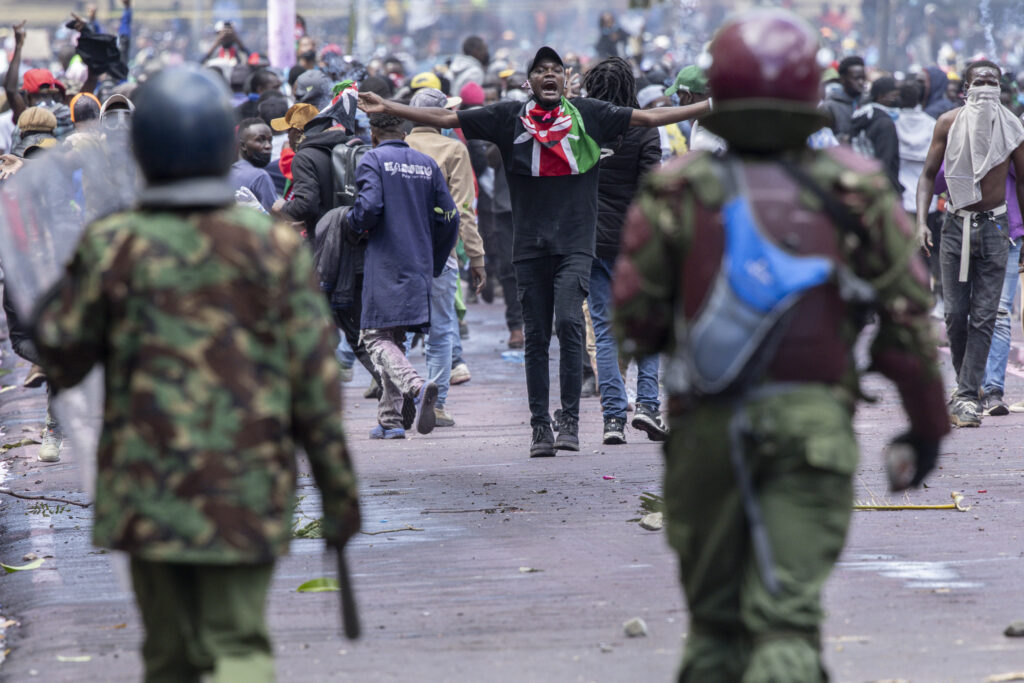Kenya is marking a year since massive protests broke out over tax rises and corruption in mid-June 2024. The protests peaked on June 25 when thousands stormed parliament where lawmakers were debating the budget. President William Ruto, having initially called the demonstrators “criminals”, backtracked and cancelled the finance bill on June 26.The protests continued into July but petered out amid a brutal police response that saw at least 60 people killed, according to the Kenya National Commission on Human Rights.Rights groups say more than 80 people were abducted by security forces during and after the protests, with dozens still missing. Here is a timeline of the aftermath over the past year:- July 11-12, 2024 -Ruto sacked most of his cabinet as he sought to placate protesters. He later forged a unity cabinet with members of the main opposition party. Police Inspector-General Japheth Koome also resigned following public anger over the brutal police response. – September 20 -Three people who had disappeared after taking part in the protests were mysteriously freed after a court placed the acting police chief in contempt for failing to answer questions on their whereabouts. – November 5 -Human Rights Watch released a report saying dozens of protesters had been held in unlawful detention facilities, including in forests and abandoned buildings, without access to families and lawyers. It said the abductions were carried out by officers from the Directorate of Criminal Investigations, supported by the Rapid Deployment Unit, military intelligence, Anti-Terrorism Police Unit, and National Intelligence Service. – December 30 -Protests were held over a fresh spate of abductions, including a satirical cartoonist and people who shared AI-generated images of the president in a coffin. They were released on January 6, with no information given on where they had been held. – January 15, 2025 -Ex-attorney general Justin Muturi told police that President Ruto intervened to have his son released after he was abducted during the protests.- May 2 -Four filmmakers were arrested and charged with “publishing false information”, which rights groups linked to the release of a BBC documentary, “Blood Parliament”, which named security officers involved in killing protesters. – May 12 -Ruto said all those abducted had been “returned to their families”, seen as an admission that security forces were involved. Rights groups said dozens were still missing. – May 30 -Software developer Rose Njeri was arrested and charged with breaching cybercrimes law for creating a website outlining concerns about the latest finance bill and making it easy to send complaints to the government.
